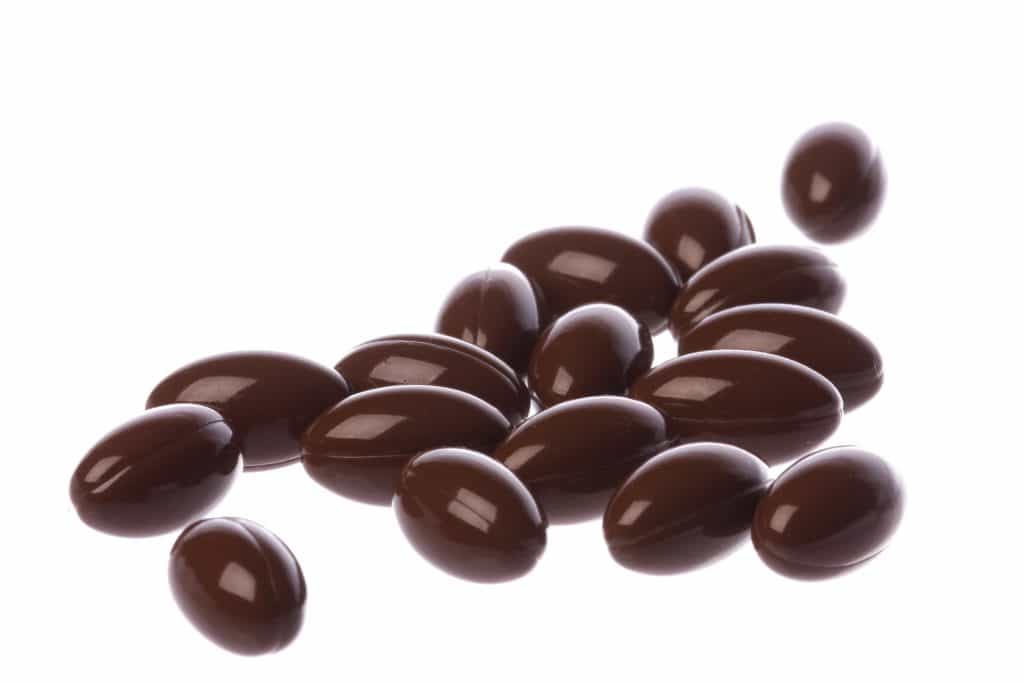CoQ10 health benefits include combating several age-related conditions, such as macular degeneration and dementia, and improving energy levels. Below we outline everything you need to know about CoQ10.
What is Coenzyme Q10?
Coenzyme Q10 is a fat soluble vitamin-like substance the body produces, and it is necessary for the basic functioning of the cell. It serves as a major catalyst in the cell’s production of ATP, commonly called “energy currency”, that is critical in the internal workings of the body. It also works to help the mitochondria use oxygen efficiently.
CoQ10 levels decrease with age and are significantly low in people who have chronic diseases such as heart conditions, Parkinson’s disease, cancer and diabetes.
What are some CoQ10 health benefits?
CoQ10 is a well-recognized alternative therapy for issues such as hypertension, congestive heart failure, statin myopathy, migraines, neurodegenerative diseases, chemotherapy side effects, and male infertility or impotence.
The body needs it to combat several age-related diseases and conditions. Some CoQ10 health benefits include slowing macular degeneration that leads to vision loss; decreasing the occurrence of dementia; improving energy levels, particularly in older and sedentary people; and preventing cholesterol from oxidizing, which results artery blockage.
Other CoQ10 health benefits include that it is good for the heart, as it makes the heart pump harder with less effort, enhancing blood circulation and reducing blood pressure, and it functions as an antioxidant that boosts the immune system, aids detoxification, restores good memory and improves brain function.
Can I get enough of CoQ10 from my diet?
The body has the inherent ability to synthesize CoQ10. The rest comes from foods you eat each day.
CoQ10 is relatively high in organ meats such as the liver, kidneys and heart. It is also in beef, mackerel, sardines, salmon, spinach, broccoli, peanuts and soybean oil. Wheat germ and whole grains are also good sources, although they have smaller quantities compared to meat.
How can I supplement my CoQ10 intake?
Aside from increasing your dietary intake of CoQ10, you can take a supplement to effectively lower the risk for deficiency. One way to maintain CoQ10 levels is to ensure adequate intake of vitamin B complexes.
Most often, CoQ10 supplements come as tablets, capsules or gel caps. Oil-based gel caps are easily digestible compared to the tablet or granular form.
What dose of Coenzyme Q10 should I take?
Depending on what you need it for, CoQ10 dosage may be different for each individual.
Generally, adults over the age of 18 are advised to take 30-90 mg per day divided in 2 doses. In some cases, such as for those who have high blood pressure, the recommended dose is 120-200 mg per day, which is divided into 2 doses.
For people with heart failure or migraine, on the other hand, the recommended dosage is 100-150 mg per day divided into 2-3 doses.
And for those with Parkinson’s disease, researchers have studied people taking doses ranging from 800 mg or more per day.
CoQ10 side effects
Although there is no known toxicity for CoQ10, experts don’t advise supplementation for infants, children under 18 years of age, pregnant women and patients who are due to have surgery within a week.
Side effects, which less than 1% of patients may experience, include mild and brief nausea, vomiting, flu-like symptoms, skin itching and rashes, dizziness and headache, stomach upset, diarrhea, heart burn and loss of appetite.
Some studies also show that CoQ10 can also affect a male’s sperm count. Additionally, people with diabetes or hypoglycemia should be cautious, as CoQ10 may decrease the body’s blood sugar levels.
Special requirements when taking CoQ10?
Since CoQ10 is a fat soluble vitamin, experts recommend taking it with meals that contain fat to assist with absorption.
What enhances CoQ10 absorption?
CoQ10 works best with vitamin E. The human body synthesizes CoQ10 with the assistance of numerous vitamins such as C, B2, B3, B5, B6, B12, and folic acid.
Do I need to take it in divided doses?
Doctors recommend taking the total dosage in 2-3 smaller doses per day to avoid side effects.
How to test CoQ10 levels
A test called the CoQ10 total test can determine if you have a deficiency. It measures the CoQ10 concentration in the blood.
Where is the best source of this supplement?
If you have a CoQ10 deficiency, it is best to increase the intake of foods high in CoQ10, as it is natural and it poses no risks or side effects. Including sufficient amounts of fresh organ meats in the diet is safer and more beneficial compared to taking tablets or gel capsule supplements.
Last reviewed 03/Mar/2017
Ann-Mary Amber
Latest posts by Ann-Mary Amber (see all)
- This is why gut health is so important - 24/02/18
- Best antioxidants for skincare - 18/09/17
- CoQ10 health benefits - 09/07/17
